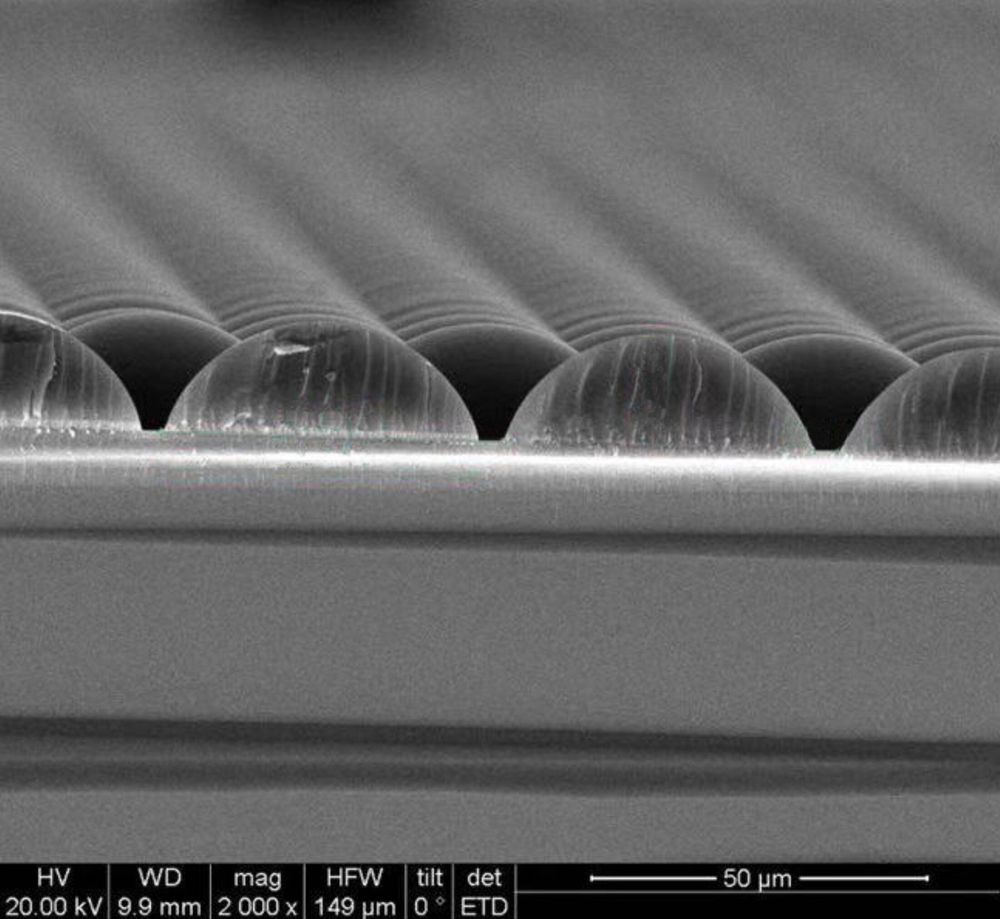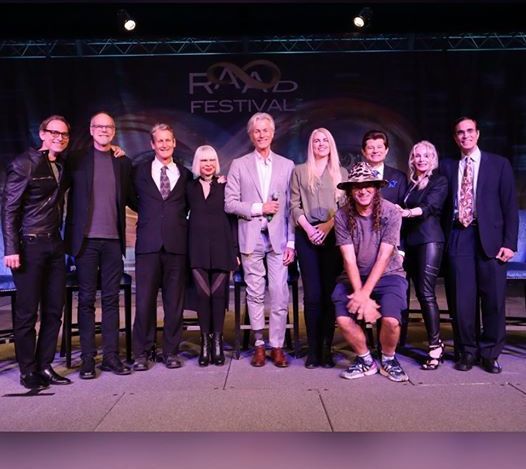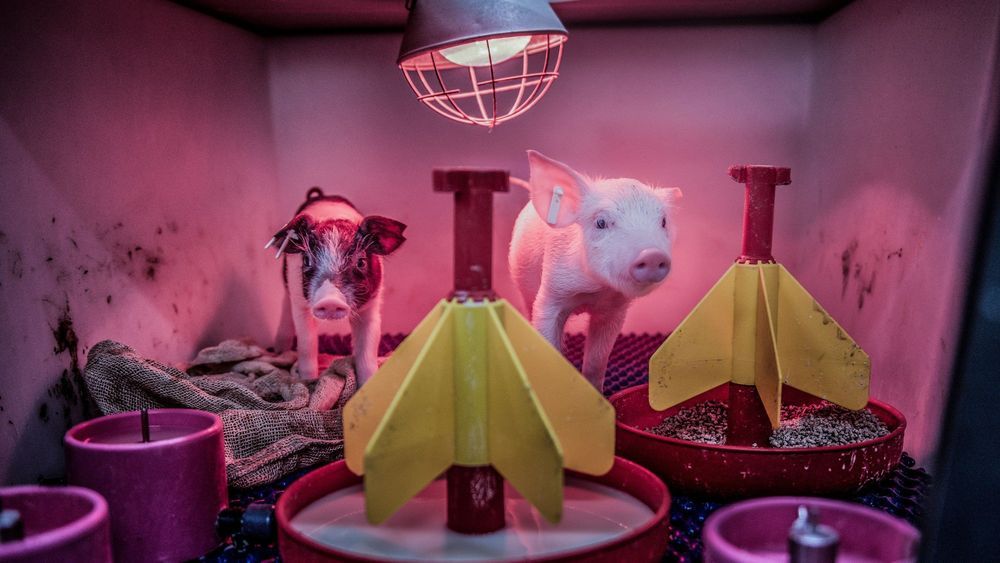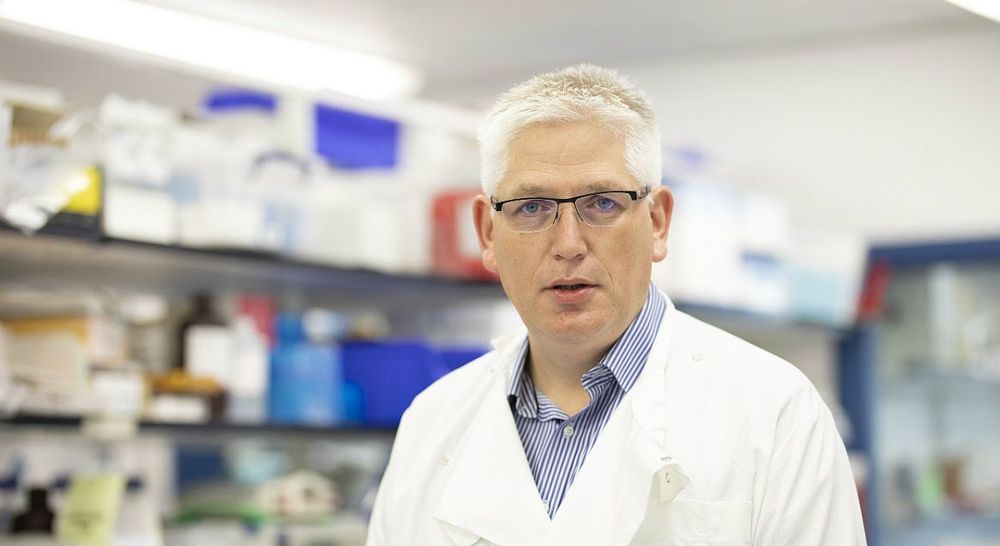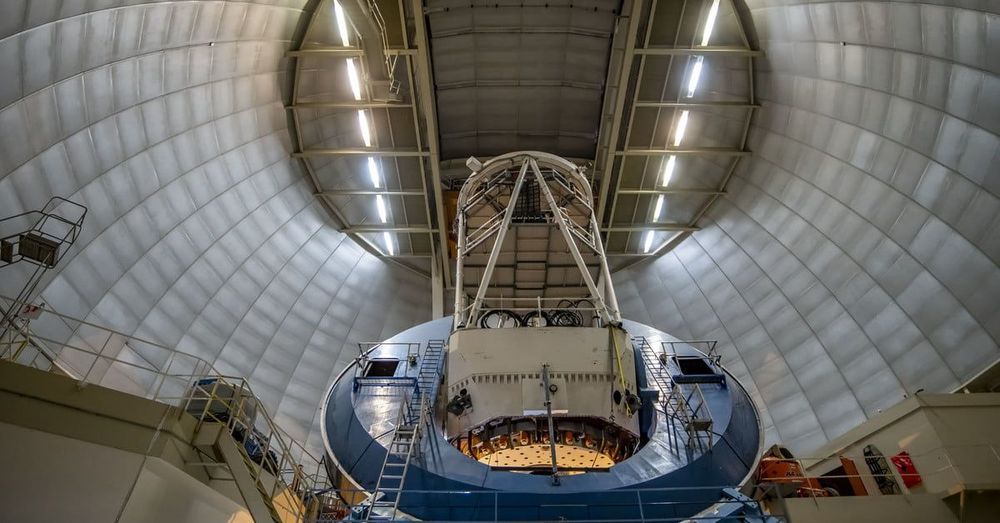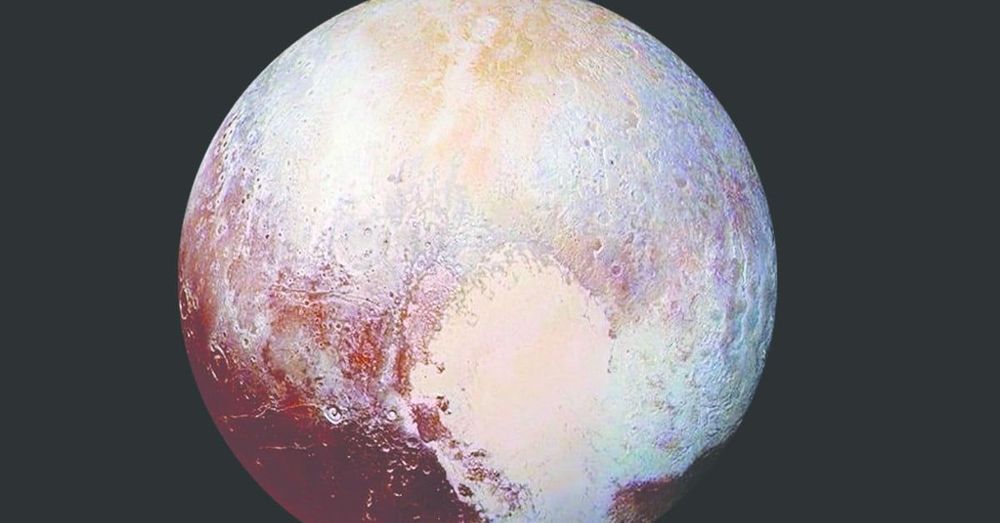Nov 2, 2019
These Are the Meta-Trends Shaping the Future (at Breakneck Speed)
Posted by Klaus Baldauf in categories: business, Peter Diamandis
Life is pretty different now than it was 20 years ago, or even 10 years ago. It’s sort of exciting, and sort of scary. And hold onto your hat, because it’s going to keep changing—even faster than it already has been.
The good news is, maybe there won’t be too many big surprises, because the future will be shaped by trends that have already been set in motion. According to Singularity University co-founder and XPRIZE founder Peter Diamandis, a lot of these trends are unstoppable—but they’re also pretty predictable.
At SU’s Global Summit, taking place this week in San Francisco, Diamandis outlined some of the meta-trends he believes are key to how we’ll live our lives and do business in the (not too distant) future.

